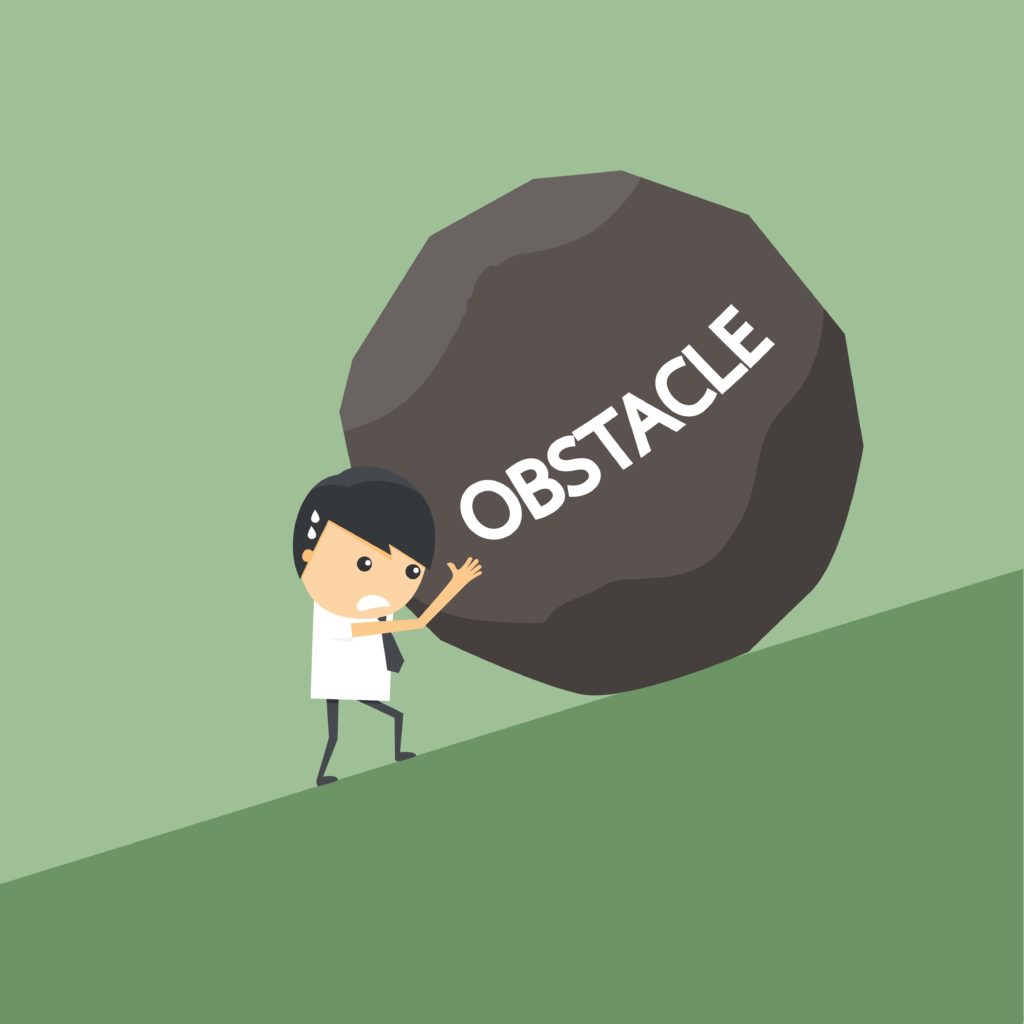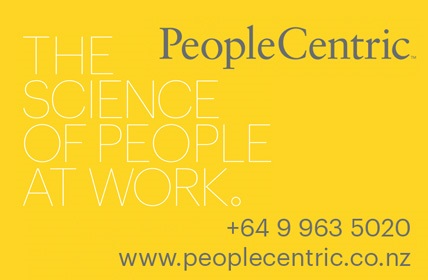A quarter of all employees view their jobs as the number one stressor in their lives.

Many of us now work in constantly connected, always-on, highly demanding work cultures where stress and the risk of burnout are widespread.
Since the pace and intensity of contemporary work culture are not likely to change, it’s more important than ever to build resilience skills to effectively navigate your life.
What is this ‘resilience’? The original meaning of the English word is ‘to bounce or spring back’.
Basically, resilience is not about avoiding stress or being free from the impact of highly challenging events.
Resilience is the ability of individuals to positively adjust to adversity, and to recover when life has thrown a curveball at them.
Research has shown that resilience can be increased by building personal strengths in five key areas:
- fostering positive and nurturing professional relationships and networks
- becoming more reflective
- developing a growth mindset
- getting to know your emotions
- achieving life balance and spirituality.
A study published by PwC (2014) demonstrated that initiatives and programmes fostering a resilient and mentally healthy workplace returned US$2.30 for every dollar spent — with the return coming in the form of higher productivity, lower absenteeism and decreased turnover.
Fostering positive and nurturing professional relationships and networks
Everyone needs to be nurtured sometimes, and it is important to foster these relationships. In practical terms that means actively seeking mutually beneficial, supportive relationships at work, such as mentors or buddies. For some it may mean to use a combination of social media and ‘coffee meetings’ to proactively network. For others it may mean to go and spend quality time with that person at work who can have your back when things get a bit frantic.
Becoming more reflective
Reflection is a way of developing insights and an understanding of what is going on. Reflection helps us to develop knowledge and learn from past mistakes as well as from successes. Reflection often serves as a catalyst for thinking and growing.
Writing about an experience is known to be a useful reflection tool, be it in the form of project notes, post-incident analyses, formal reports or informal personal journals.
Talking through an experience with a trusted friend, partner, coach or mentor who encourages reflection through his or her enquiring questions is another approach to gaining insights and understanding.
Developing a growth mindset
People with a growth mindset see challenges as something that they can take on and overcome over time with effort, new strategies, learning, help from others and patience. People with a fixed mindset, on the other hand, see challenges as something that is done to them, resent the idea that they may need to change, or at times even lack the realisation that can actively shape their experiences. It pays not to buy into the idea that ‘old dogs can’t learn new tricks’!
Our brains and minds can engage in lifelong learning, and developing a growth mindset can be learned by:
- acknowledging and embracing imperfections – hiding from your weaknesses means you’ll never overcome them
- trying different learning and problem-solving tactics – there is no one-size-fits-all model for learning and what works for one person may not work for you
- stopping assuming that ‘room for improvement’ feedback translates into ‘failure’
- no longer trying to save face all the time, and just admitting to having goofed up now and then – it will make it easier to take risks in the future
- learning fast isn’t the same as learning well, and learning well sometimes requires allowing time for mistakes.
Getting to know your emotions
Resilient people are able to see positive aspects and potential benefits in a situation, rather than being continually negative or cynical. Positive emotions and laughter have benefits most of us are familiar with.
In the process of rushing from one commitment to the next, meeting deadlines, and responding to external demands, many of us lose touch with our emotions. When we do this, we’re far more likely to act unconsciously and miss out on the valuable information that our emotions contain.
Becoming more reflective will increase the ability to understand one’s own emotional needs and reactions and those of others. Having insight into the emotional needs of others in the workplace can help spawn ideas for different ways of working with each other to reduce adversity.
Achieving life balance and spirituality
The ability to positively adjust to adversity and recover from life’s curveballs is strong in people who have a sense of connectedness, achieve life balance and have an ‘anchoring force’ in their life.
Spirituality may enhance health and well-being by enabling people to access beliefs and practices designed to bring comfort and strength in the midst of stressful events. Similarly, a sense of meaning and purpose can actually be critical for surviving and thriving in the face of stress and adversity.
Regardless of spiritual beliefs, it is important to strive for life balance by participating in a range of healthy activities outside one’s professional life:
- physical activities – move your body differently than you may do at work
- making sure that you regularly do something that nourishes you emotionally and spiritually.
It pays to remember:
- things will go wrong
- life will not always be a bed of roses
- mistakes will be made
- people will annoy people
- stuff happens.
Embracing the ‘warm and fuzzy’ side of working and living with people is likely to be more effective than wishing things would be different, or ignoring the fact that people may need active support to improve their resilience.
Dr Andrea Polzer-Debruyne is senior consultant at PeopleCentric, a group of psychologists that work with organisations in a variety of industries towards increasing individual and organisational capabilities and well-being.





